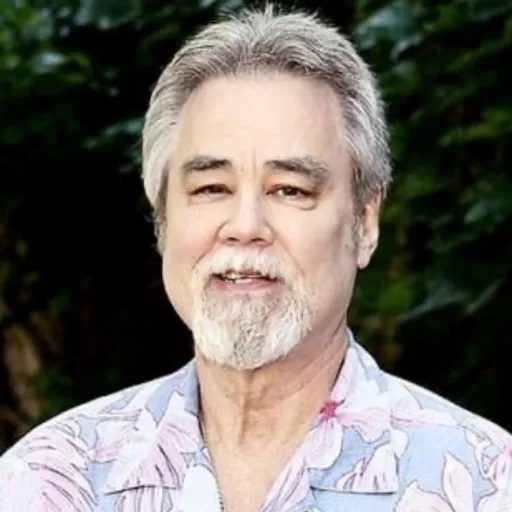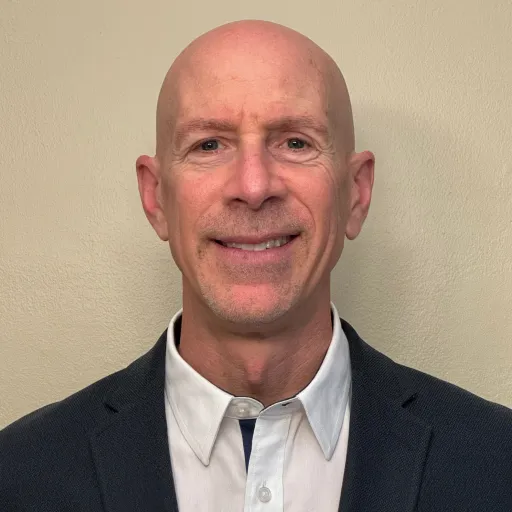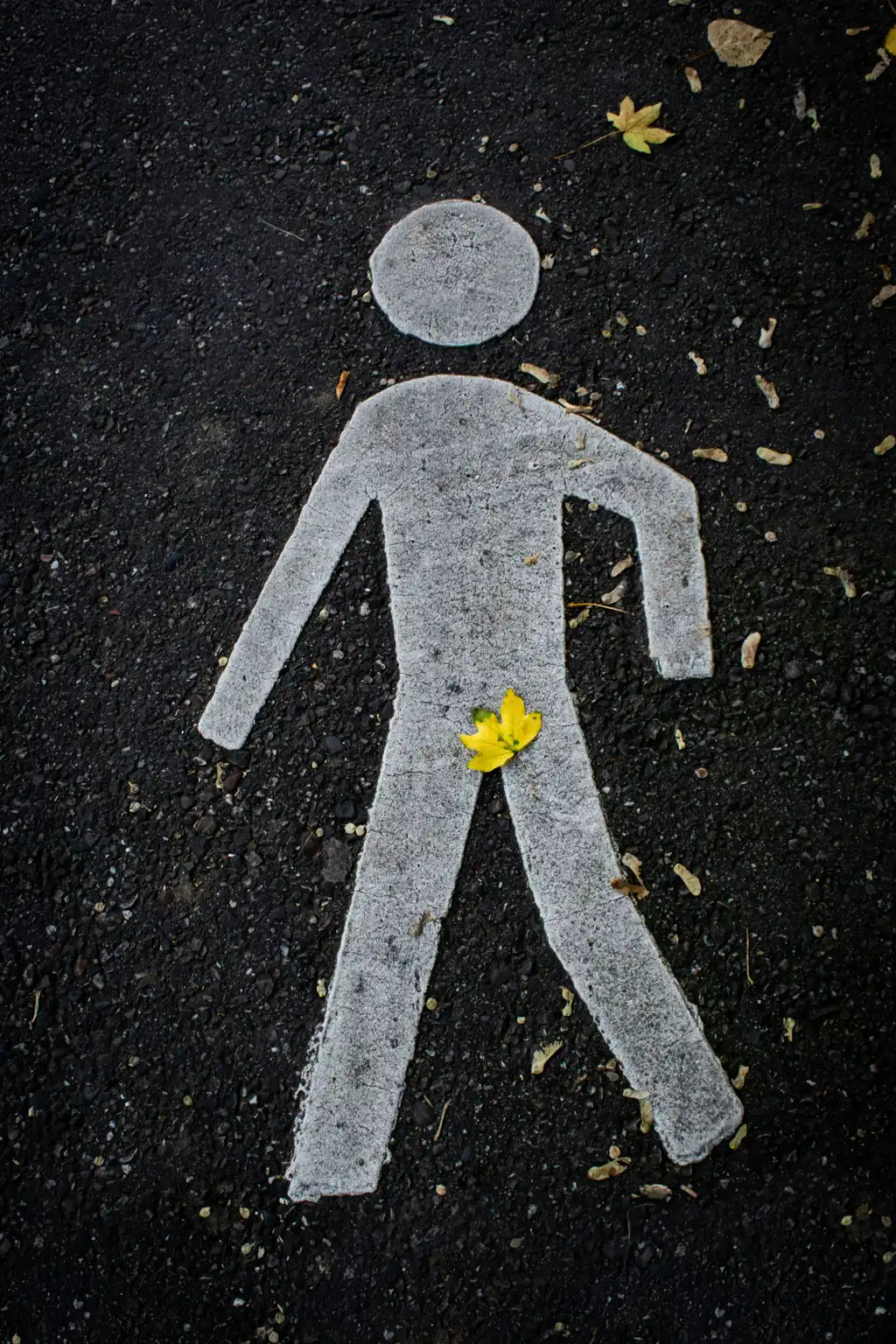
What Are the Benefits of Quitting Alcohol Cold Turkey? Quitting alcohol
cold turkey can bring several immediate and long-term benefits:
1. Improved Health:
Stopping alcohol consumption can lead to significant improvements in physical health. Over time, you may experience reduced risk of liver disease, cardiovascular issues, and various cancers. Your immune system also gets a boost, making you less likely to get sick.
2. Mental Clarity:
Without the effects of alcohol, your mental clarity improves. You may notice enhanced cognitive function, better memory, and improved focus. This can lead to better decision-making and a more stable mood.
3. Increased Energy Levels:
Many people find that they have more energy and motivation once they quit drinking. This newfound energy can lead to increased productivity and a more active lifestyle.
4. Better Sleep Quality:
Alcohol disrupts sleep patterns, so quitting can lead to improved sleep quality and overall better rest.
5. Enhanced Relationships:
Removing alcohol from your life can positively impact your relationships. You might find yourself more present and engaged with family and friends, leading to stronger and more meaningful connections.
Meet Our Expert Therapists Specializing in Alcohol Addiction Our team is
ready to help you achieve your dreams and take control of your alcohol problem
Meet Some of Our Expert Therapists

Cory Dolley
Hello. I know that when life is hurting you, kicking you when you are already down how easy it is to not want to get back up. I know how it is when you feel alone and scared and you just want to stay at home and not talk to anyone. There is help out there for you, just waiting for you to reach out. I am here to give you help, when you are ready to call.
View Cory's Profile
Saad Khan
My approach to treatment is transparent, specific, time based, and derived from the most recent research. I use simple and clear language during our meeting.
View Saad's Profile
Sheri Williamson
I help to build a client's confidence and capacity for managing and mitigating their mental health. Together we create a plan based on the client's priorities using a strengths-based approach. Clients learn new interventions and how to incorporate them into every day life.
View Sheri's Profile
Kenneth Miyake
My approach has always been what Carl Rogers called the power of the "therapeutic relationship", which includes: unconditional positive regard, compassion, genuineness, empathy, and congruency. We help to empower the client by encouraging them to find their own solutions, which always lie within them.
View Kenneth's Profile
Bret Bertrand
While we cannot change the difficult experiences from the past, we can strive together to understand and overcome any negative impact you currently have in your life. I believe together we can develop a path toward healing, health, and freedom to keep moving forward.
View Bret's ProfileWhat Are the Risks of Quitting Alcohol Cold Turkey? While quitting
alcohol cold turkey has its benefits, it’s important to be aware of the potential risks involved:
Withdrawal Symptoms:
Abruptly stopping alcohol can trigger withdrawal symptoms such as anxiety, tremors, nausea, sweating, and agitation. In severe cases, this can progress to delirium tremens, a serious condition requiring medical attention.
Health Complications:
Heavy drinkers who quit cold turkey without medical supervision might face complications like seizures or heart problems. It’s crucial to consult with a healthcare provider to manage these risks effectively.
Psychological Impact:
The sudden removal of alcohol can lead to psychological challenges such as increased stress or mood swings. Support from mental health professionals can help manage these changes.
Relapse Risks and Coping Strategies:
The intense withdrawal symptoms may increase the risk of relapse. A structured support system and professional guidance can provide crucial help during this transition.
Dehydration and Electrolyte Imbalance:
Alcohol withdrawal can cause dehydration and imbalances in electrolytes, which might require medical intervention to address effectively.
Tips for Successfully Quitting Alcohol Cold Turkey Quitting alcohol cold
turkey requires careful planning and support. Here are some practical tips to help you through the process and increase your chances of success.
Preparing for Withdrawal Symptoms When Quitting Alcohol Cold Turkey
1. Understand Common Symptoms: Familiarize yourself with common withdrawal symptoms such as anxiety, tremors, nausea, and insomnia. Knowing what to expect can help you prepare mentally and seek appropriate help if needed.
2. Plan for Medical Support: Consult with a healthcare professional before quitting to create a plan for managing withdrawal symptoms. They can provide guidance on medications or treatments that may ease discomfort.
3. Develop Coping Strategies: Establish coping strategies, such as relaxation techniques, mindfulness practices, and physical activity, to help manage symptoms and reduce stress during the withdrawal period.
4. Create a Safe Environment: Design a safe and supportive environment at home. Remove triggers or substances that may cause cravings and prepare for a period of rest and self-care.
5. Build a Support Network: Surround yourself with supportive friends and family who can provide encouragement and accountability throughout your journey to sobriety.
Seeking Professional Support for Quitting Alcohol Cold Turkey
1. Medical Supervision: Professional support ensures that withdrawal symptoms are monitored and managed effectively. Healthcare providers can offer medications and treatments to alleviate severe symptoms and reduce health risks.
2. Personalized Care: Professionals can tailor a treatment plan based on your specific needs and medical history. This personalized approach increases the chances of a successful and sustainable recovery.
3. Emotional Support: Therapists and counselors provide emotional support and coping strategies to help manage the psychological challenges of quitting alcohol cold turkey. This support is essential for addressing underlying issues and preventing relapse.
4. Structured Programs: Many professionals offer structured programs that include therapy, counseling, and support groups. These programs provide a comprehensive approach to recovery and offer ongoing support and guidance.
5. Emergency Assistance: In case of severe withdrawal symptoms or complications, having access to professional help ensures prompt medical intervention and reduces the risk of serious health issues.
Building a Support System When Quitting Alcohol Cold Turkey
1. Emotional Encouragement: Support from friends and family provides emotional encouragement and reassurance, helping you stay motivated and committed to your goal.
2. Accountability: Having people who hold you accountable can increase your adherence to the decision to quit alcohol cold turkey. They can help remind you of your goals and celebrate your progress.
3. Shared Experiences: Support groups and networks offer a sense of community with others who are going through similar experiences. This shared understanding can provide comfort and practical advice.
4. Practical Assistance: Friends and family can offer practical support, such as helping with daily tasks, providing transportation, or assisting with other responsibilities during the recovery process.
5. Resource Sharing: Support systems can help connect you with additional resources, such as counseling services, educational materials, and recovery programs that enhance your journey to sobriety.
What to Expect After Quitting Alcohol Cold Turkey
Physical and Mental Changes After Quitting Alcohol Cold Turkey
After quitting alcohol cold turkey, you may notice a range of physical and mental changes as your body adjusts to sobriety. These can include improved sleep patterns, increased energy, and enhanced mood.
Maintaining Sobriety After Quitting Alcohol Cold Turkey
Maintaining sobriety after quitting alcohol cold turkey involves developing healthy habits and coping strategies. This includes setting achievable goals, building a strong support network, and avoiding triggers that may lead to relapse. Exercising, managing stress, and connecting with supportive people helps in maintaining your sobriety.
FAQ: Common Questions About Quitting Alcohol Cold Turkey
How to quit drinking alcohol cold turkey
Can an alcoholic quit cold turkey?
Can you quit alcohol cold turkey?
Is it dangerous to quit alcohol cold turkey?
Can you die from quitting alcohol cold turkey?
Related Articles

Deleting Social Media: How It Can Improve Your Life
Explore how deleting social media can positively impact your mental health, productivity, and overall well-being. Learn practical steps for managing your online presence.

Porn Addiction Therapy: Overcome Your Urges and Build a Better Life
Porn addiction therapy can help individuals overcome compulsive behaviors, improve mental health, and build healthier relationships.

Female Porn Addiction: Understanding and Overcoming It
Female porn addiction is a growing concern that affects many women. This article explores the signs, causes, and available treatments to help women overcome this addiction and reclaim their lives.

Origins of Passive Behavior: Understanding Passivity
Explore the origins of passive behavior, including childhood experiences, learned helplessness, and societal influences. Learn how therapy can help.

